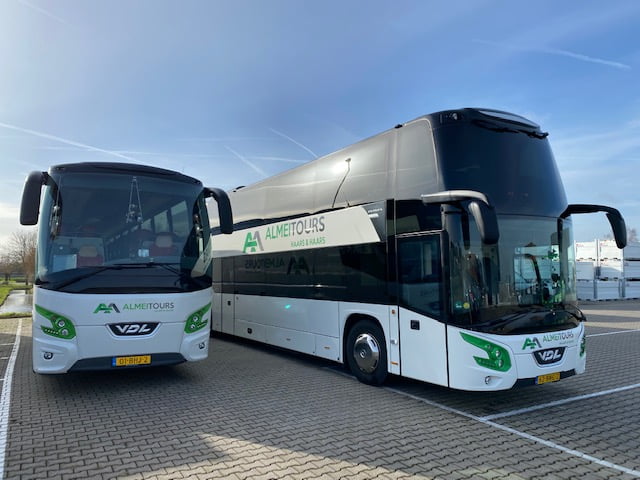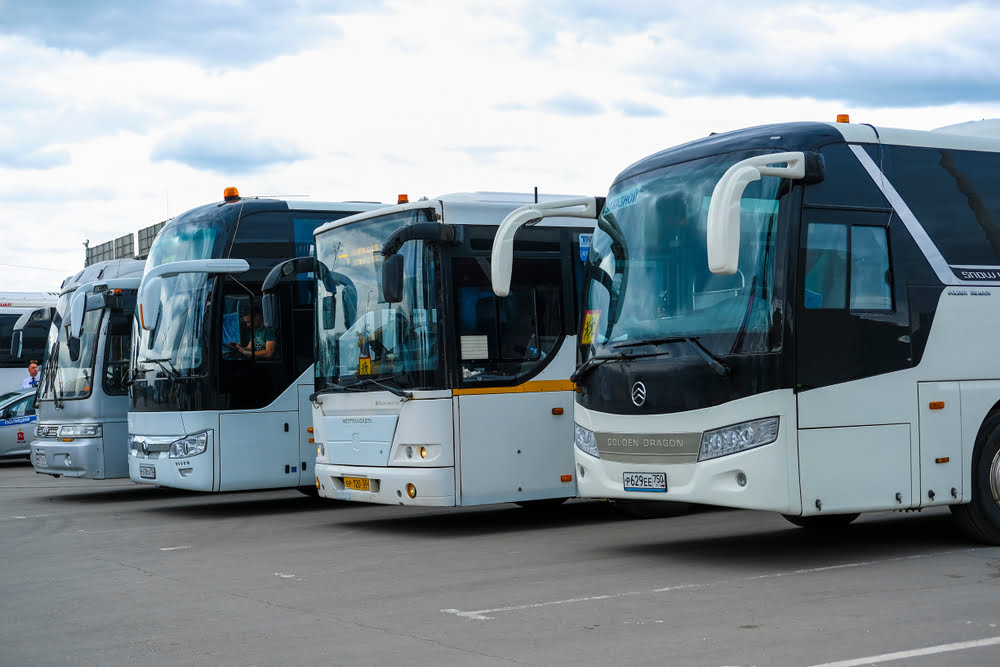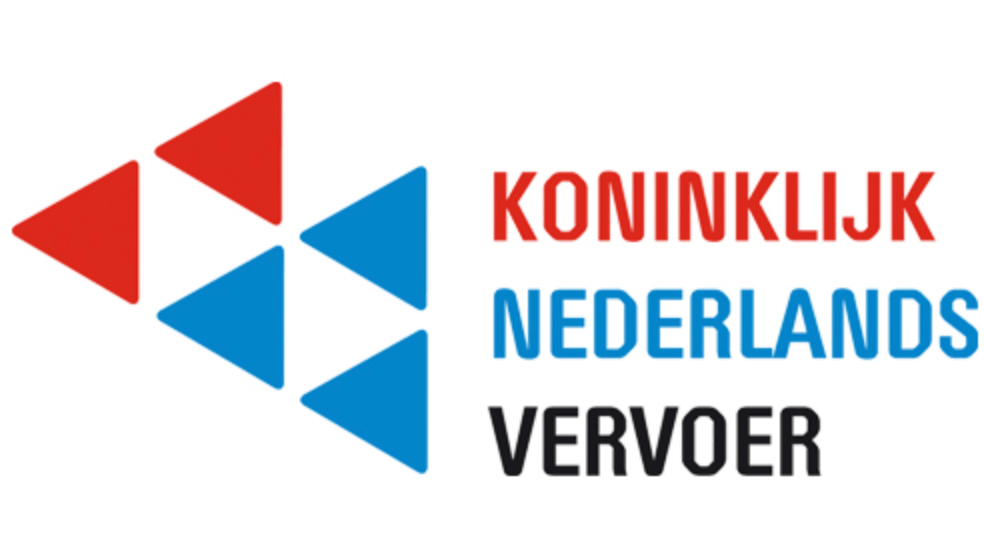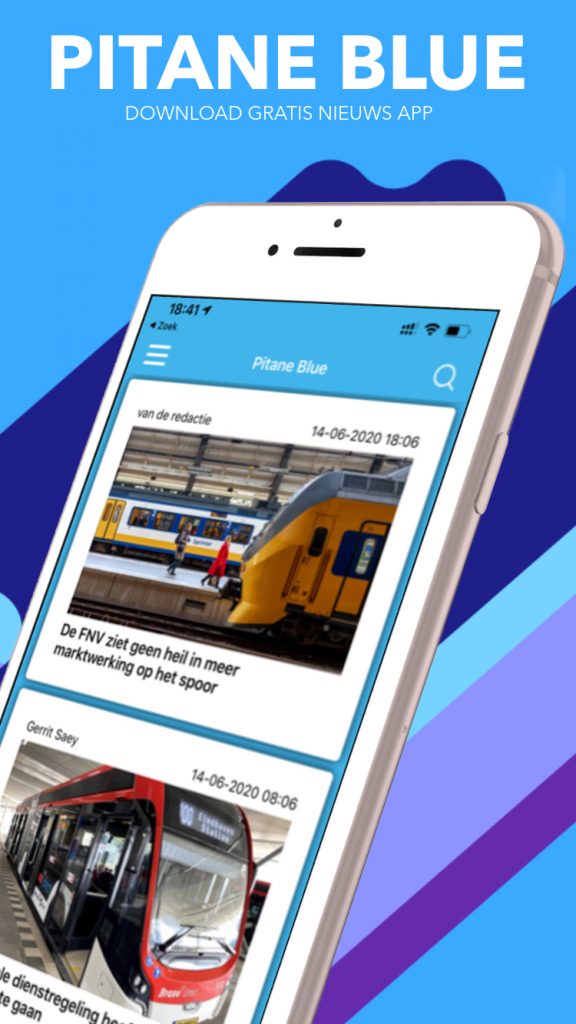Coach companies have been making their money for years without any subsidies or tax benefits. This is not possible this year due to the corona crisis. Transport has stopped completely in recent months. Not only the bus trips were canceled. But all 'regular transport', such as student transport and shuttle services on company grounds, came to a halt. The same was true for the tailor-made transport solutions with which the sector keeps the Netherlands going. The future of coaches is at stake due to lost revenue. A turnover loss of 70% is expected. At least 40% of the companies will go bankrupt.
Coach transport plays an often invisible, but indispensable role in the Dutch mobility landscape. Without this flexible form of bus transport, increased traffic congestion, traffic jams around events and public transport failures lurk. But her special contribution to the climate goals is also coming under pressure. The coach companies, like public transport and aviation, request support from the Ministry of Infrastructure and Water Management. The request for support is a big step for the entrepreneurs. They have never knocked on the door in The Hague.
Last year, SMEs in the coach sector accounted for 9,9 billion passenger kilometers and a turnover of approximately € 560 million. This year, entrepreneurs expect an average turnover loss of more than 70%. Coach transport makes a significant social contribution. It is cheap and accessible, it provides the government with tens of millions of euros in revenue in the form of excise duties and VAT, has low external costs and is - especially over long distances - just as sustainable as the train and much more sustainable than the plane. Coaches are always full and are not directly or indirectly subsidized, unlike other forms of collective transport.
Link in the economy and link in society Bus transport in the Netherlands chairman Theo Vegter is clear about the importance of coach transport.
“We are an important link in the economy. For example, in places where public transport is not sufficient or where transport demand has large peaks. Think of the employees of companies on more distant industrial complexes or seasonal workers. We drop them off at their workplace. But not only that: without us, transport to important hotspots such as Keukenhof and Zaanse Schans spokes. Events such as Formula 1, the Eurovision Song Contest or the European Football Championship cannot be organized without our buses. And then we also form the flexible shell of public transport and we are the supplier of the catering industry and the culture sector. ”
Not only the economy is hit without a tour sector. According to Vegter, the the social consequences of the disappearance of the coach sector are also immense. Without us, athletes and their supporters are much more expensive. Associations can no longer travel economically and sustainably. These are all matters that make social life diminish. Schools and educational institutions can no longer make educational trips. The elderly and disabled must see how they can still go out. Vegter should not think about what kind of demolition this will bring to society.
Generic measures insufficient, role of bus transport justifies sectoral support
Due to the corona crisis, all sales in the high season were lost. This is hard work for capital-intensive companies such as the bus sector. Despite the welcome easings of July 1, the 2020 season will never be made up and will continue to work within the industry for a long time. Without further support measures, at least 40% of companies go bankrupt. Especially in the fall and winter, when various deferred payments will be claimed, many companies will die.
Turnover largely evaporated in 2020: damage amounts to 134 million
Research institute Panteia calculated that an average coach company claiming the maximum state aid payments does not get 20% of the integral costs reimbursed. The sector will have to pay € 134 million itself. Theo Vegter:
"An impossible task in a year in which turnover has largely disappeared." The chairman therefore makes an emergency call: “The cabinet informed us at an earlier stage that the government cannot take over the economy. We understand that. However, we find it incomprehensible that we are so left to our own devices and sent from box to wall. We are demonstrably of great social benefit. Without subsidies, we connect various parts of society and the economy. Under normal circumstances we never ask for anything and only make money for the treasury! It would be absurd to slaughter the chicken with the golden eggs. ”
Also read: KNV joins the international MaaS Alliance






